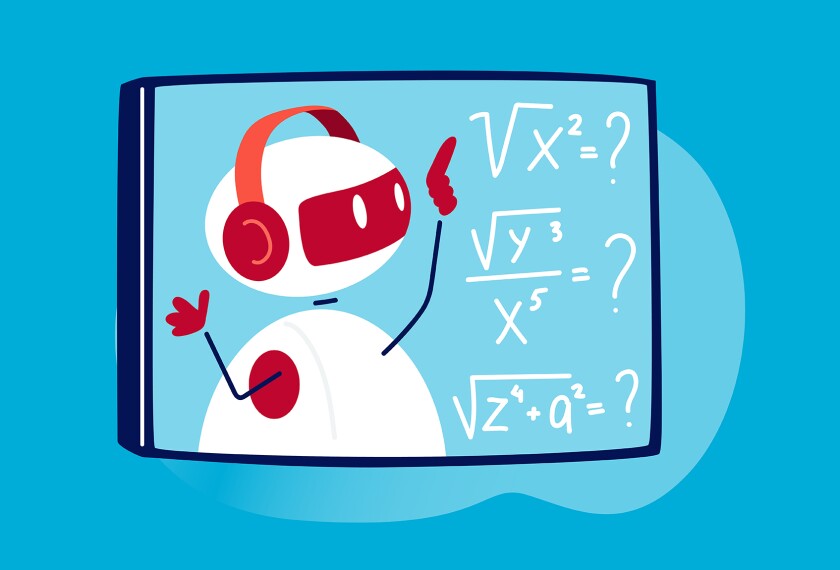Turns out that students, not teachers, are the bigger skeptics when it comes to using ChatGPT.
Results of a new survey flip the early narrative on ChatGPT—that students would rush to use it to cheat on assignments and that teachers would scramble to keep up—on its head.
Half of students, ages 12-18, said they have never used ChatGPT, according to the poll conducted in late June and early July by Impact Research on behalf of the Walton Family Foundation. A quarter of students reported using ChatGPT at least once per week. That’s compared to 40 percent of teachers who said they used it at least once a week.
Bigger picture, 6 in 10 teachers now say they have used ChatGPT in their jobs, marking a 13-point increase from February when a similar survey was done. And three-quarters of teachers say they are at least familiar with the technology, which can generate lesson plans and write essays in seconds with a simple prompt, and 58 percent say they have a favorable view of the chatbot.
Those are among the latest conducted by Impact Research for Walton. (The Walton Family Foundation provides support to Education Week for coverage of race and opportunity and other topics).
Parents, too, are eager to have their children use the generative AI technology in the classroom. Sixty-four percent said they think teachers and schools should allow students to use ChatGPT to do schoolwork, with 28 percent saying that schools should encourage the technology’s use.
Student reluctance emerged in February when Impact Research conducted its first survey of ChatGPT use among teachers and students.
Only 35 percent of students said in this most recent survey that ChatGPT has had a positive impact on their schooling experience, compared to 54 percent of teachers who said the new technology has been positive. And when asked whether they believe ChatGPT has legitimate educational uses that can’t be ignored, 39 percent of students agreed compared with 49 percent of parents and 61 percent of teachers.
The survey found that a third of teachers are using ChatGPT to help them plan lessons and create instructional materials, 30 percent say they are using it to generate creative ideas for their classes, and 30 percent say they are using the chatbot to help build their background knowledge.
Teachers are also using ChatGPT to create tests and assessments, grade students’ work, and communicate with students, parents, and colleagues.
Many teachers and education technology experts say that it’s vital for educators to teach students how to use AI tools such as ChatGPT and to model the proper use of those tools for their students. But there are still many potential pitfalls to using it.
For example, ChatGPT’s track record on accuracy is spotty at best—the chatbot sometimes —so using it for acquiring background knowledge on a subject can be risky if teachers aren’t diligent about fact-checking the information.
For this latest survey, Impact Research polled 1,000 teachers, 903 parents, and 1,002 students ages 12-18.
When it comes to preparing students for the jobs of the future—including those in artificial intelligence—students, parents, and teachers question whether schools and teachers are currently up to the task.







